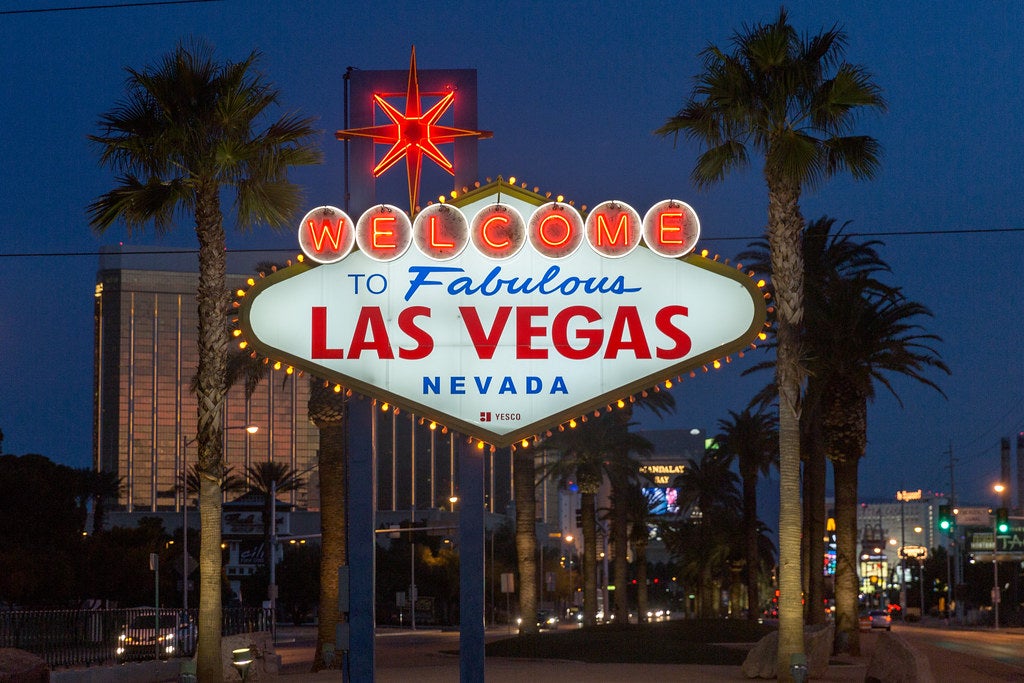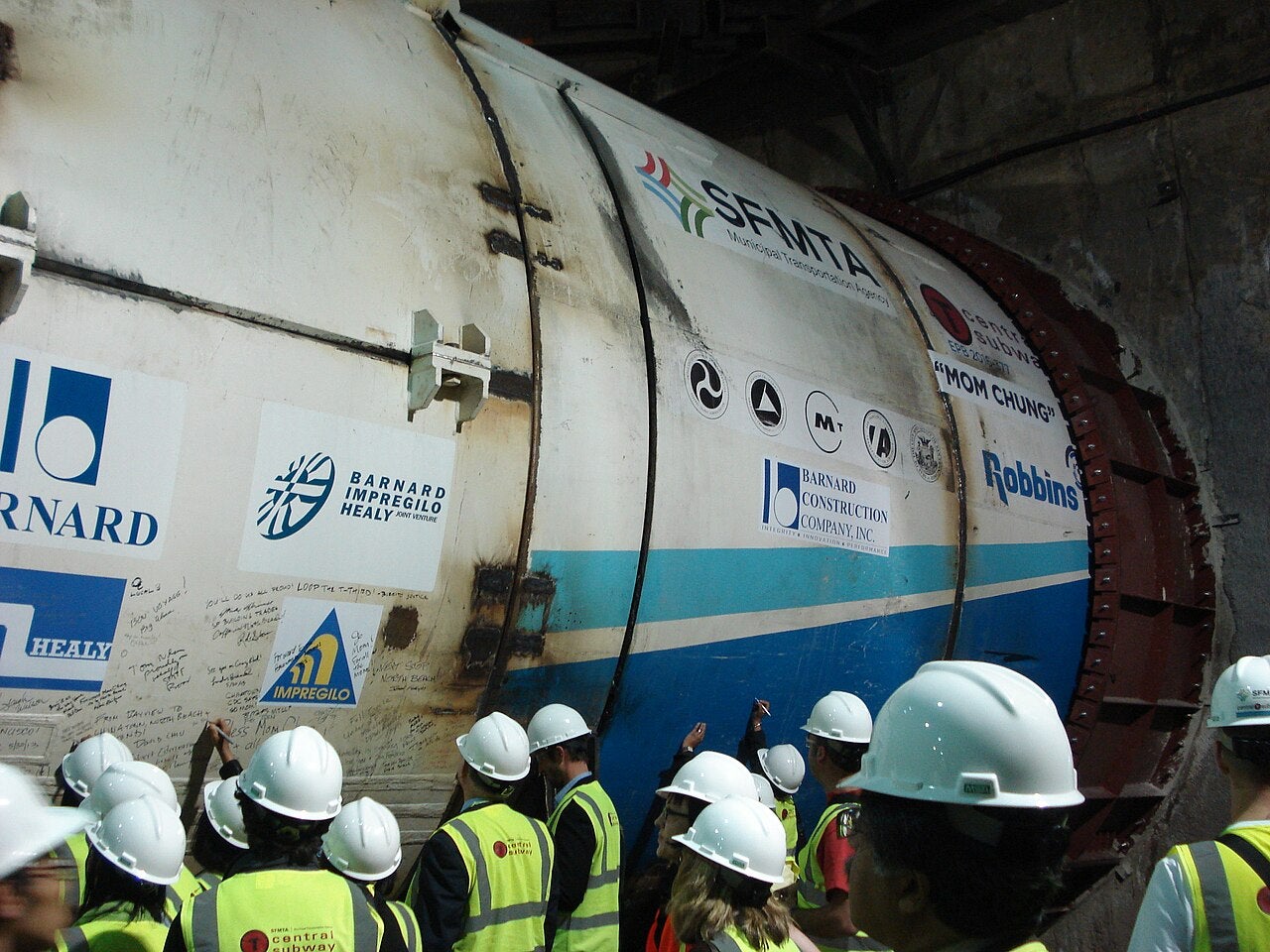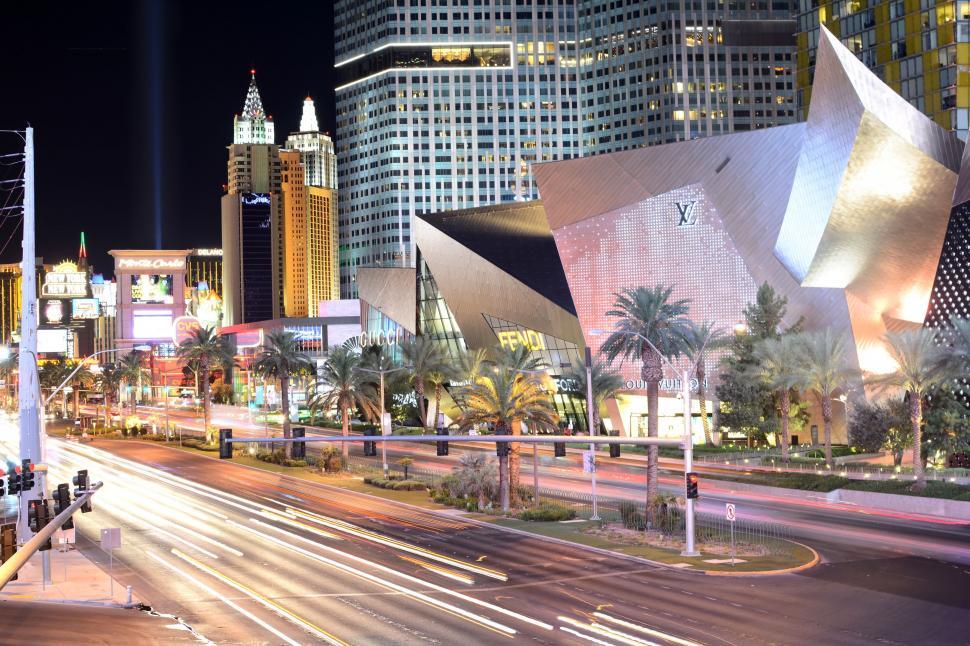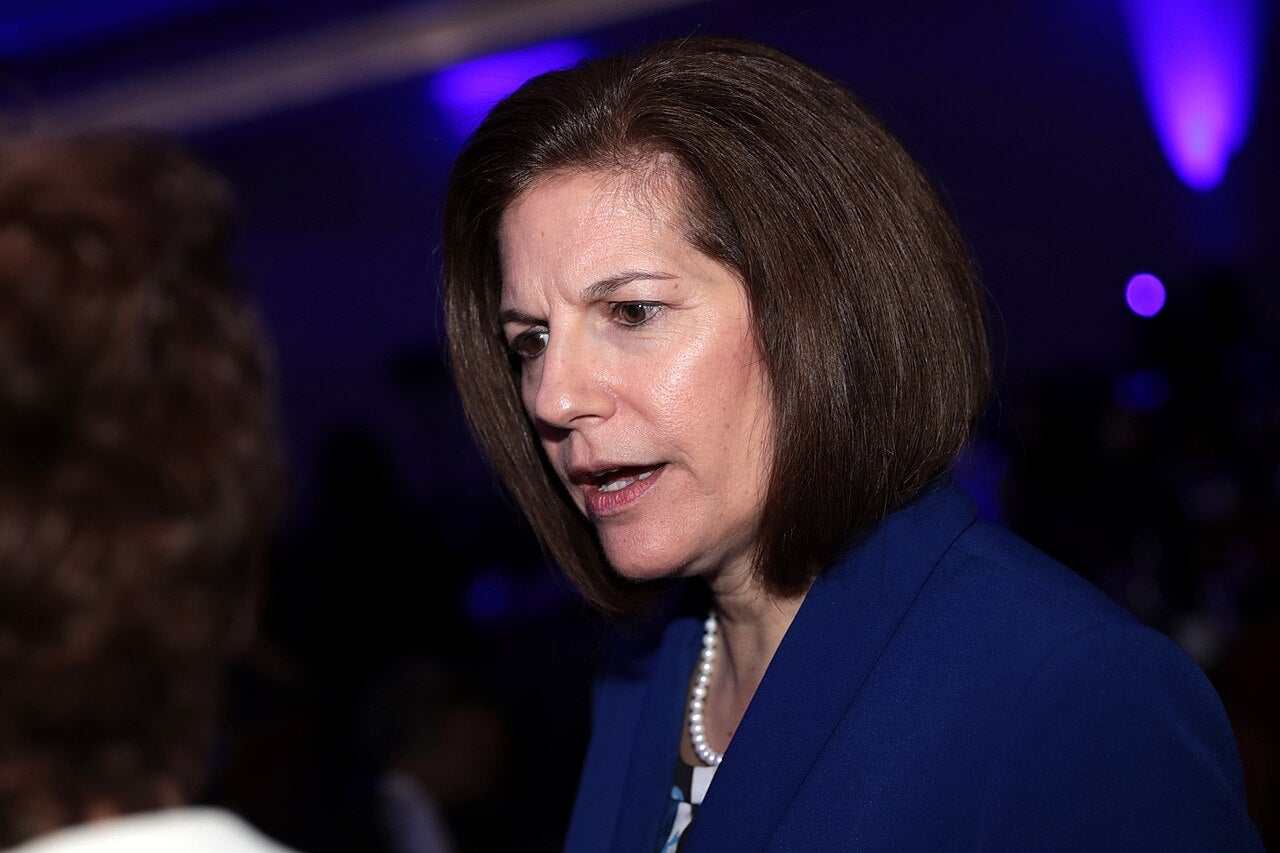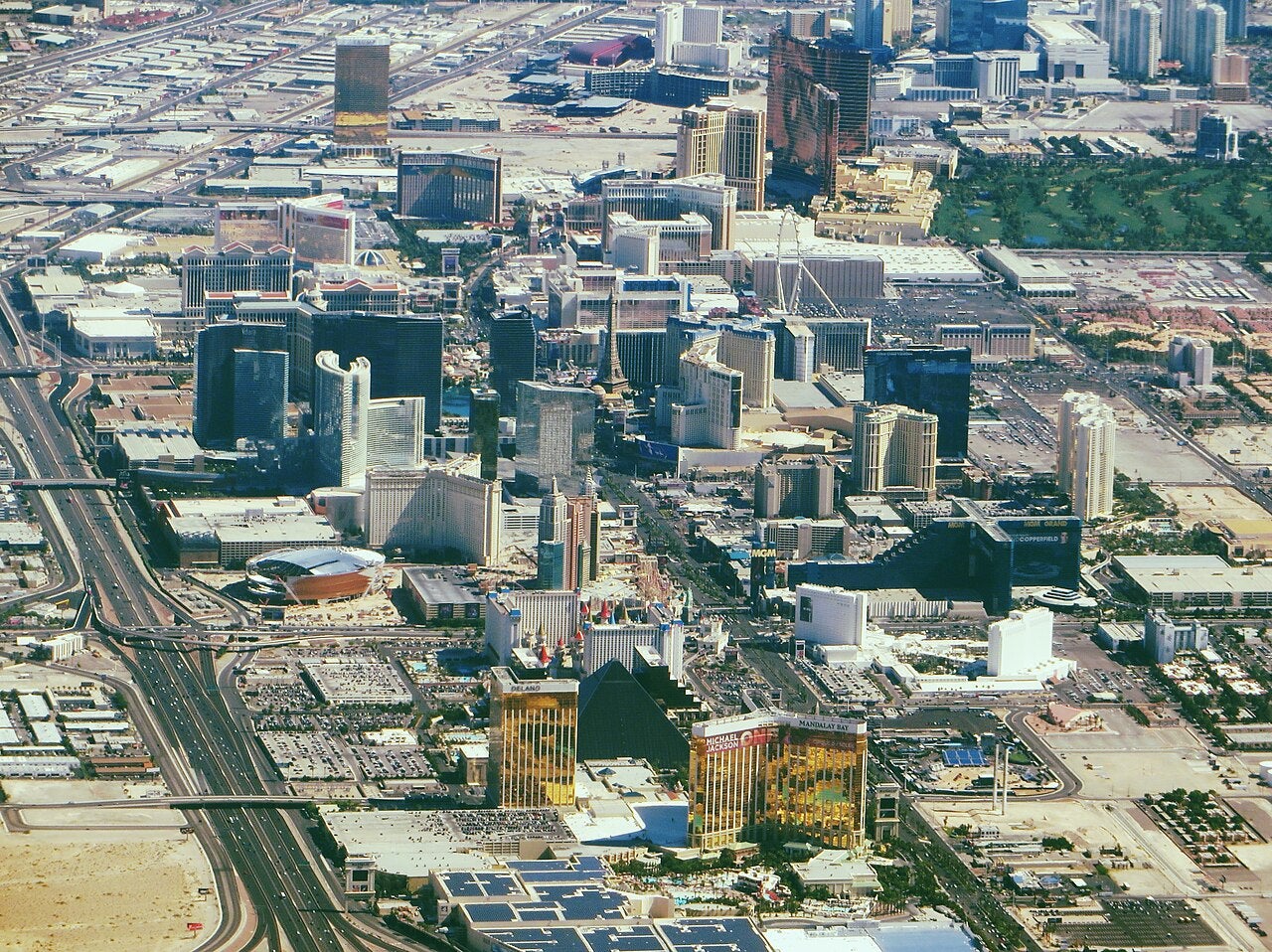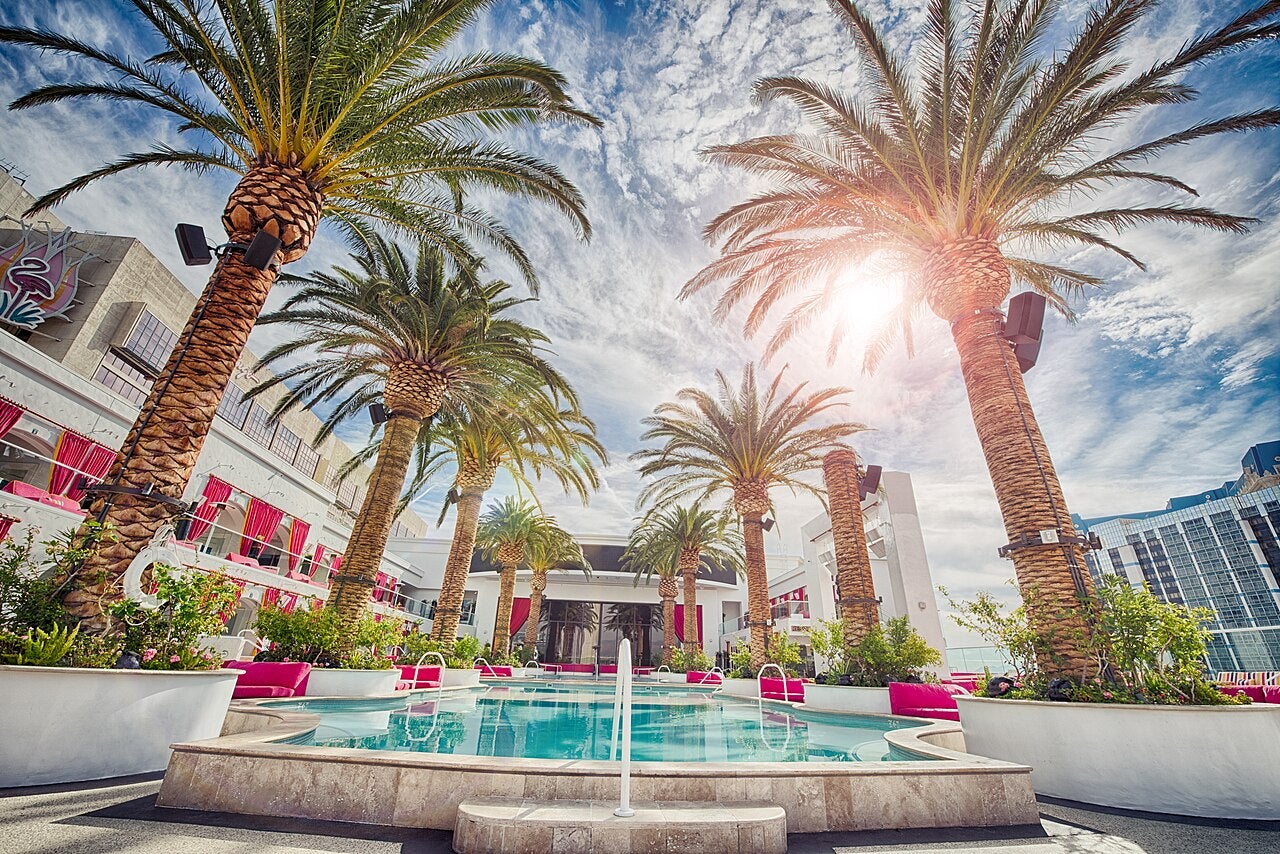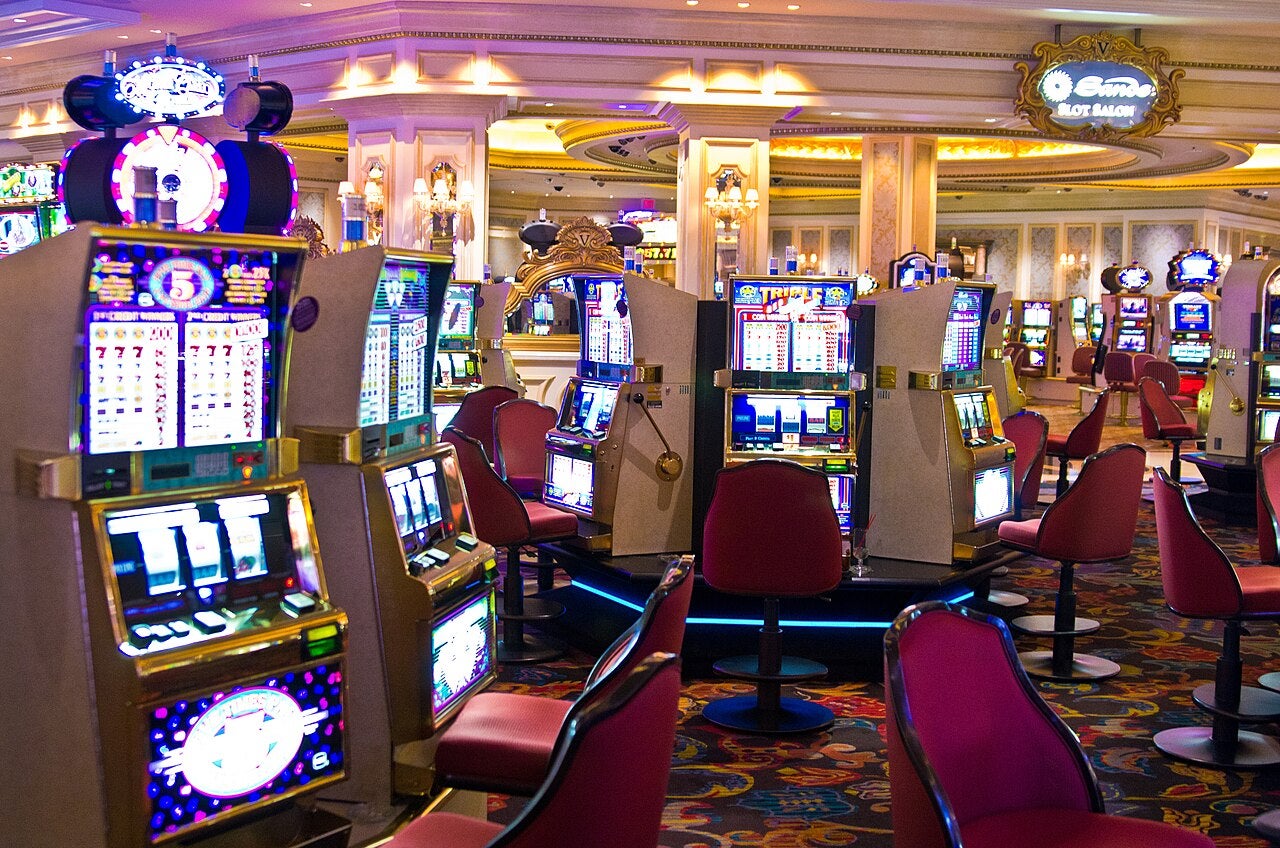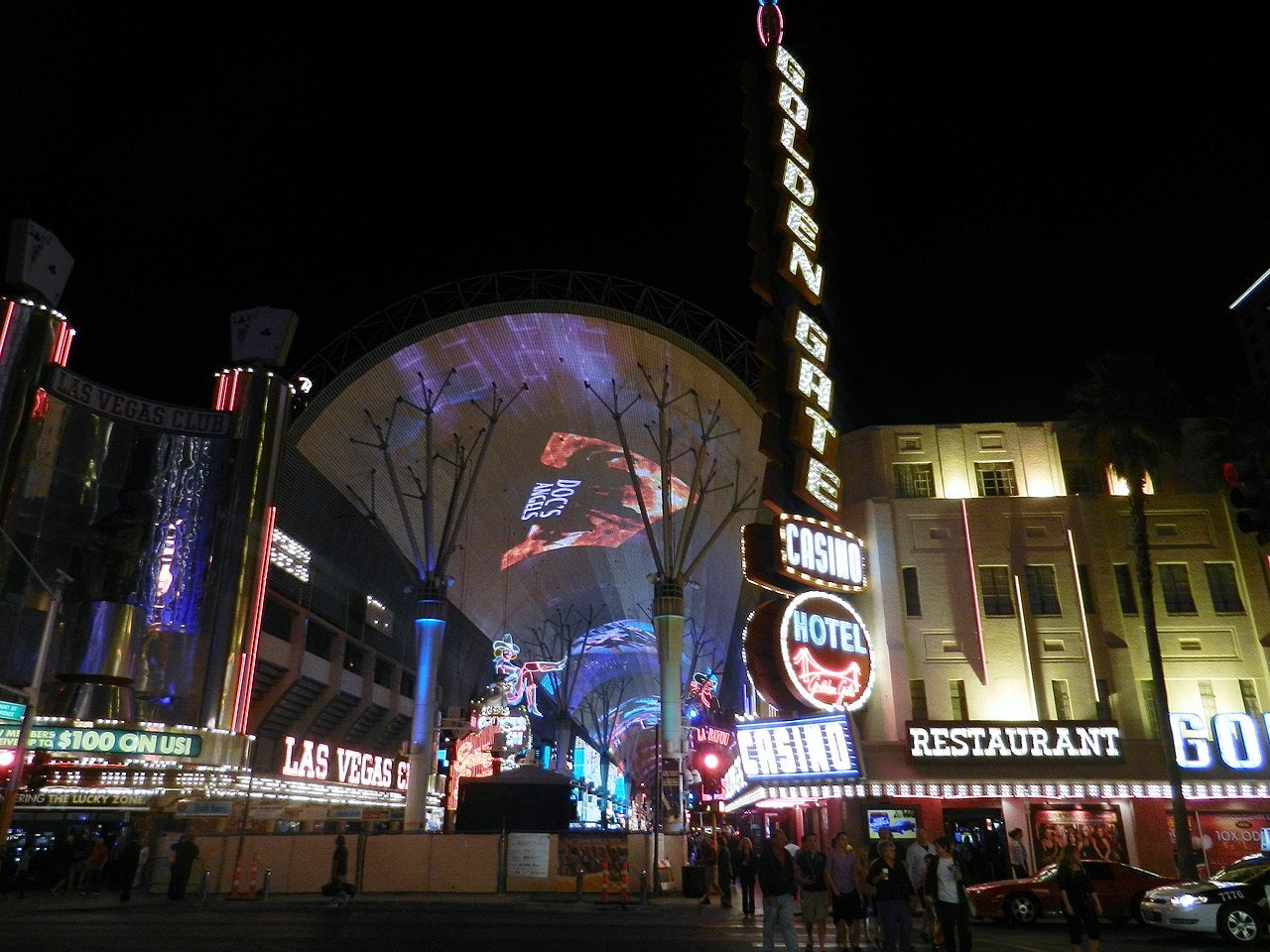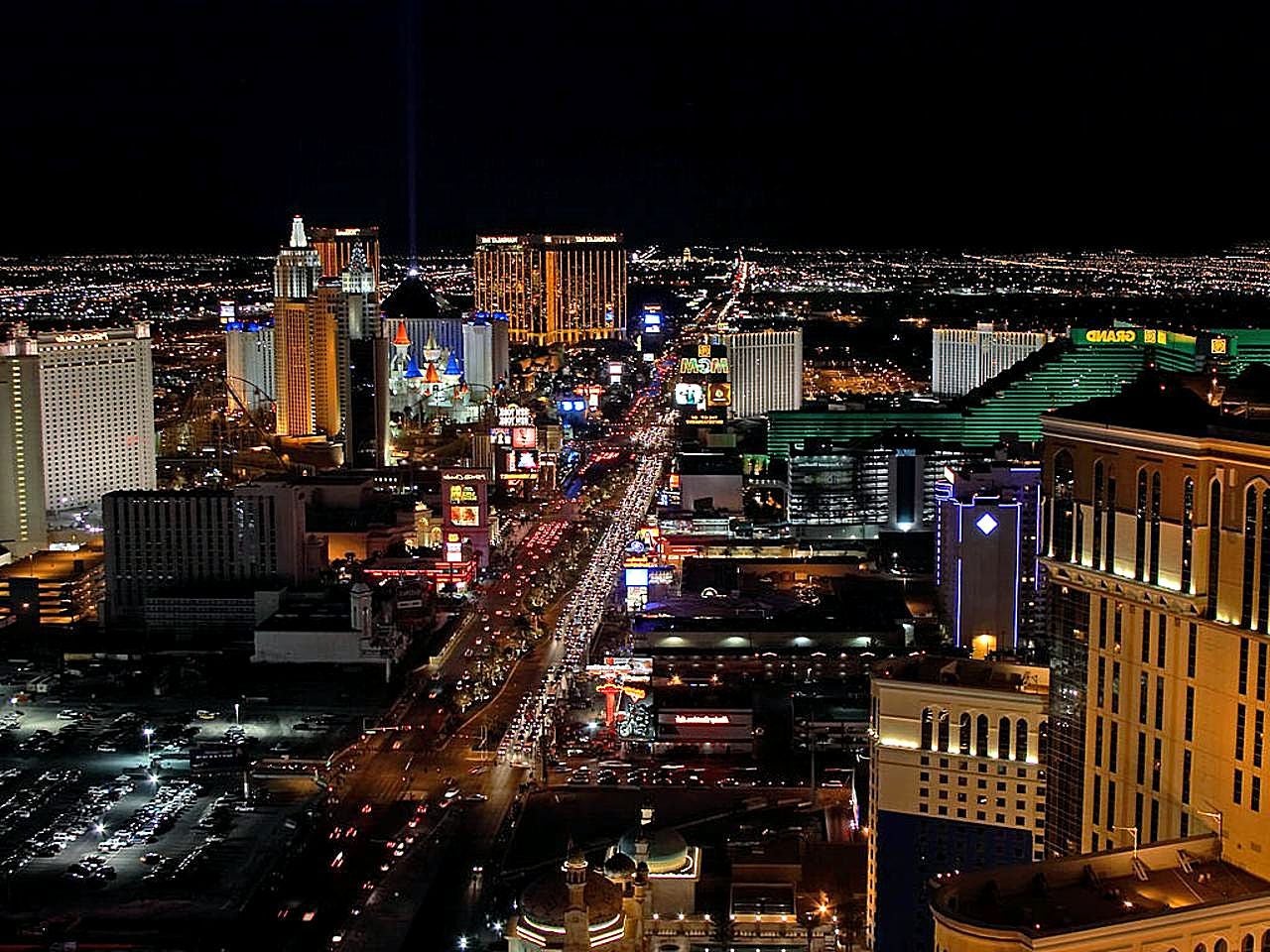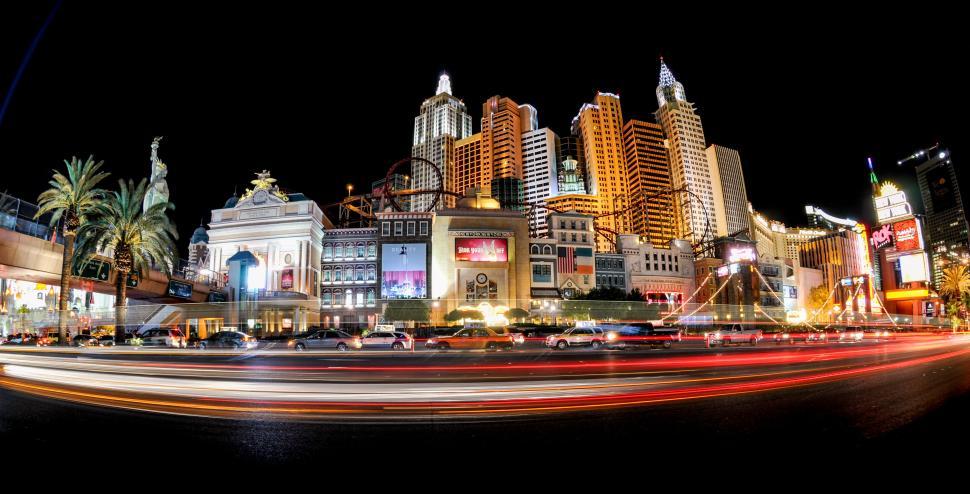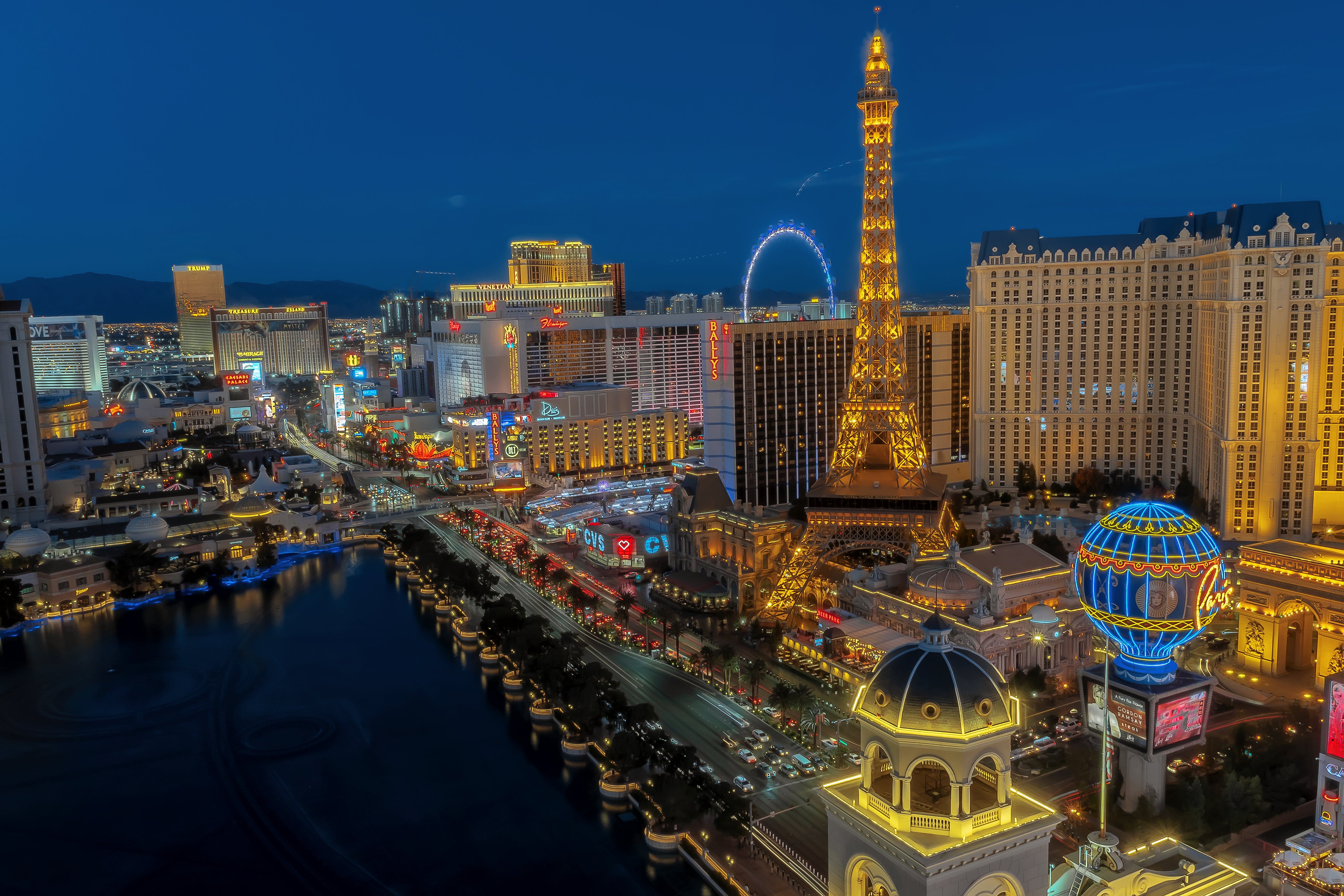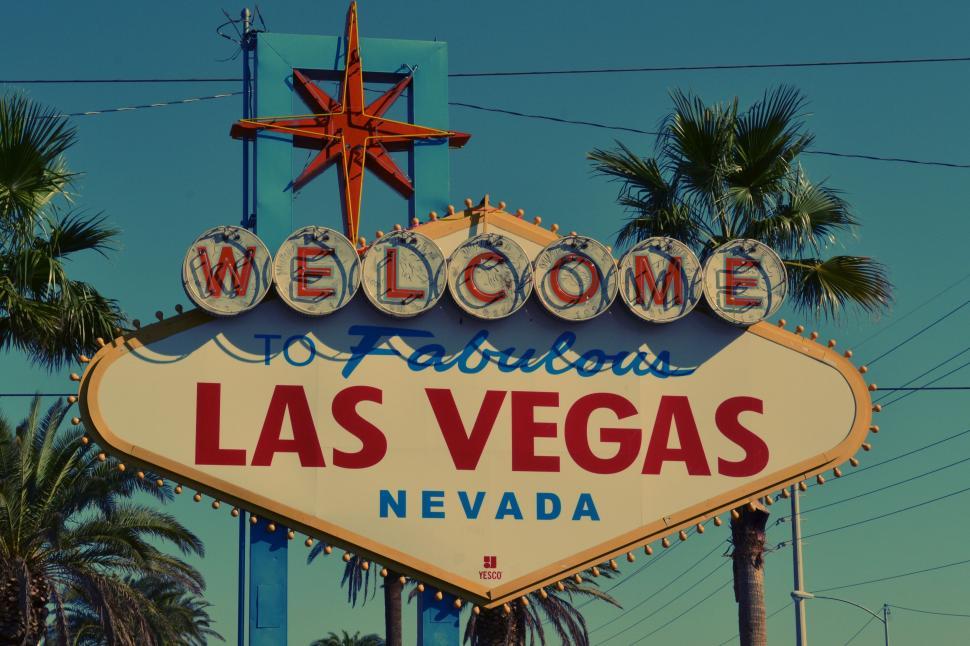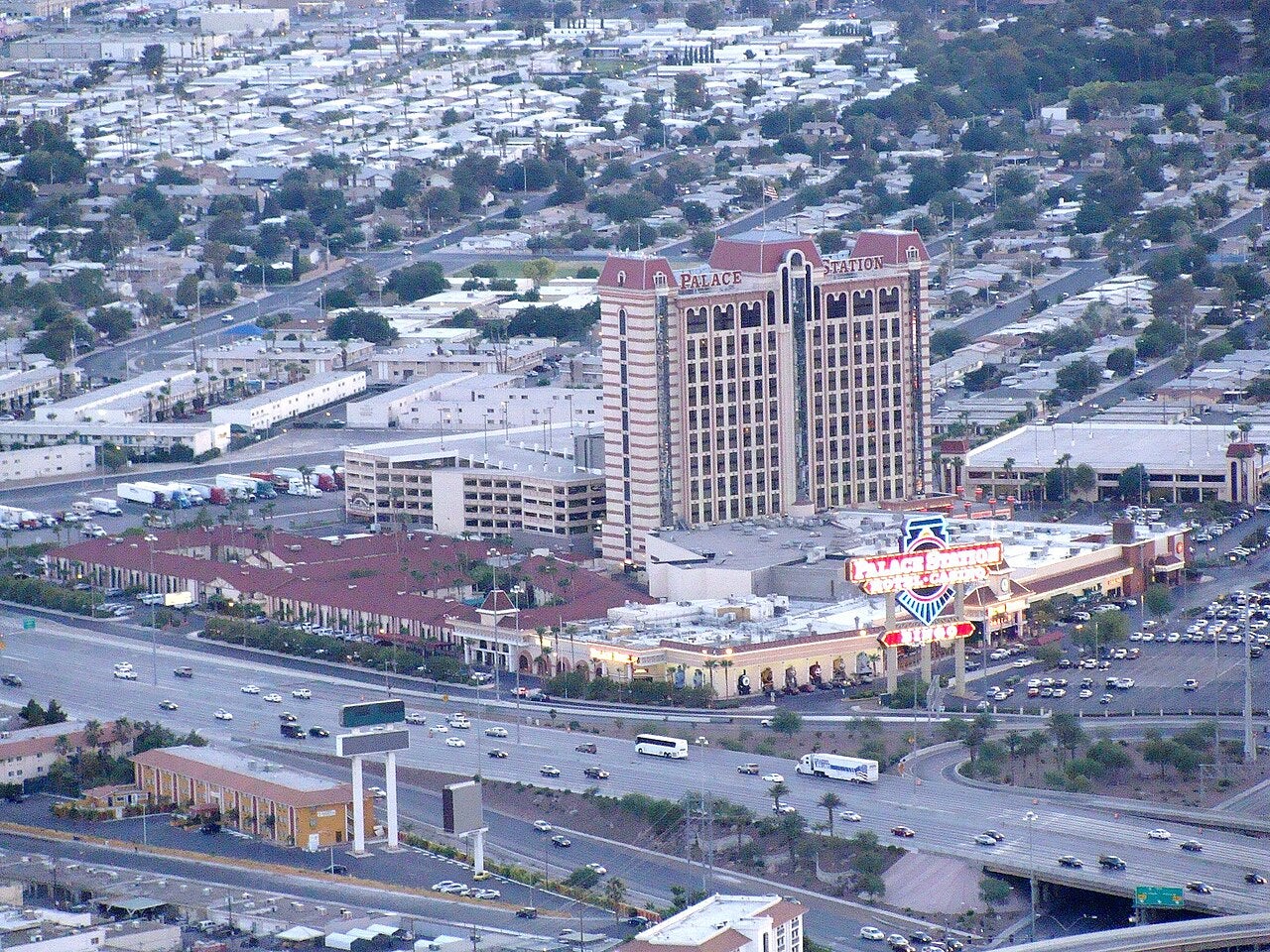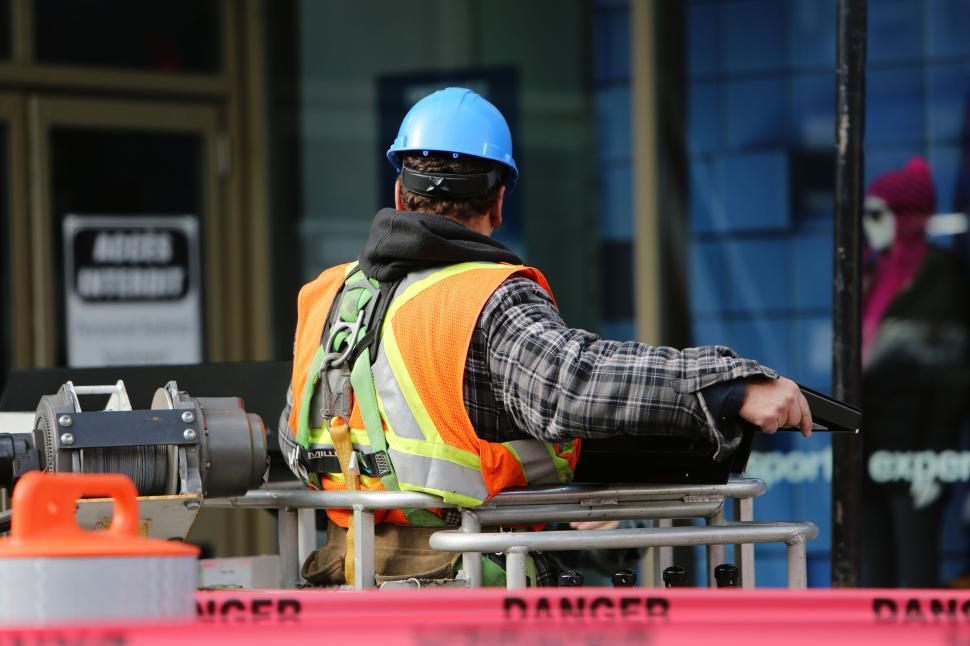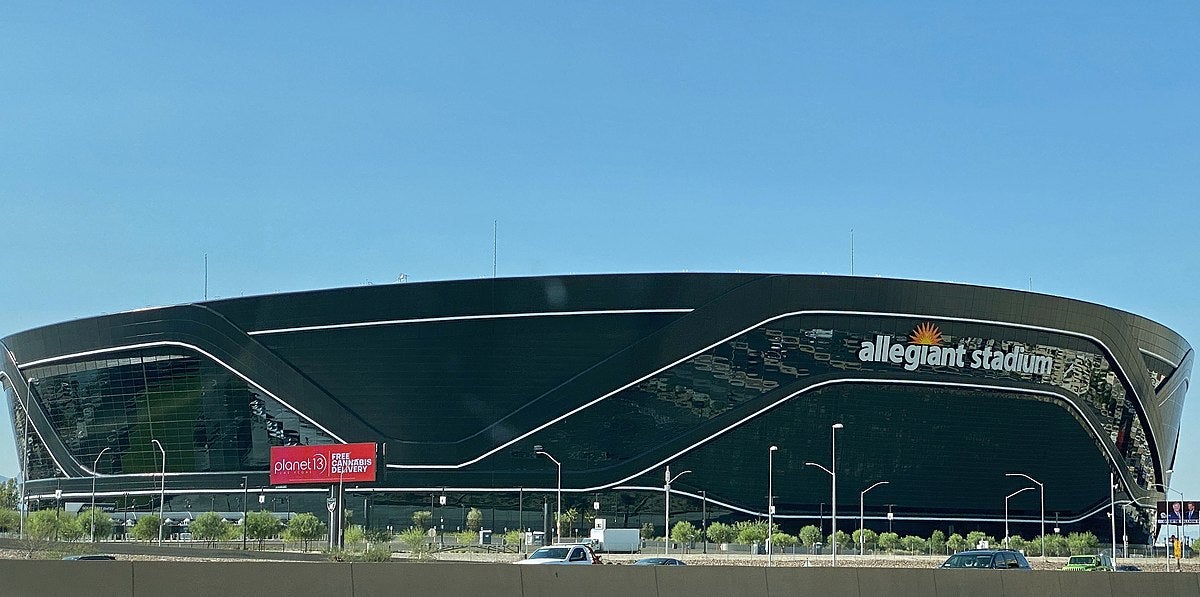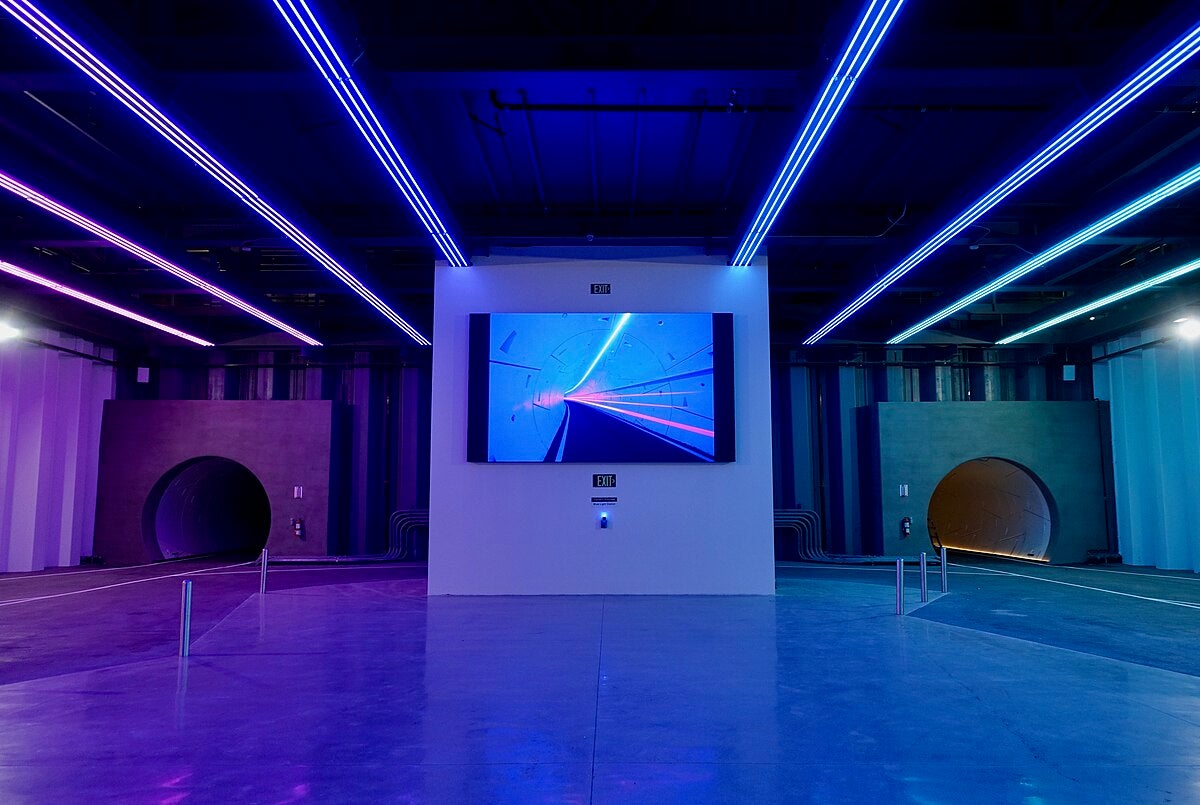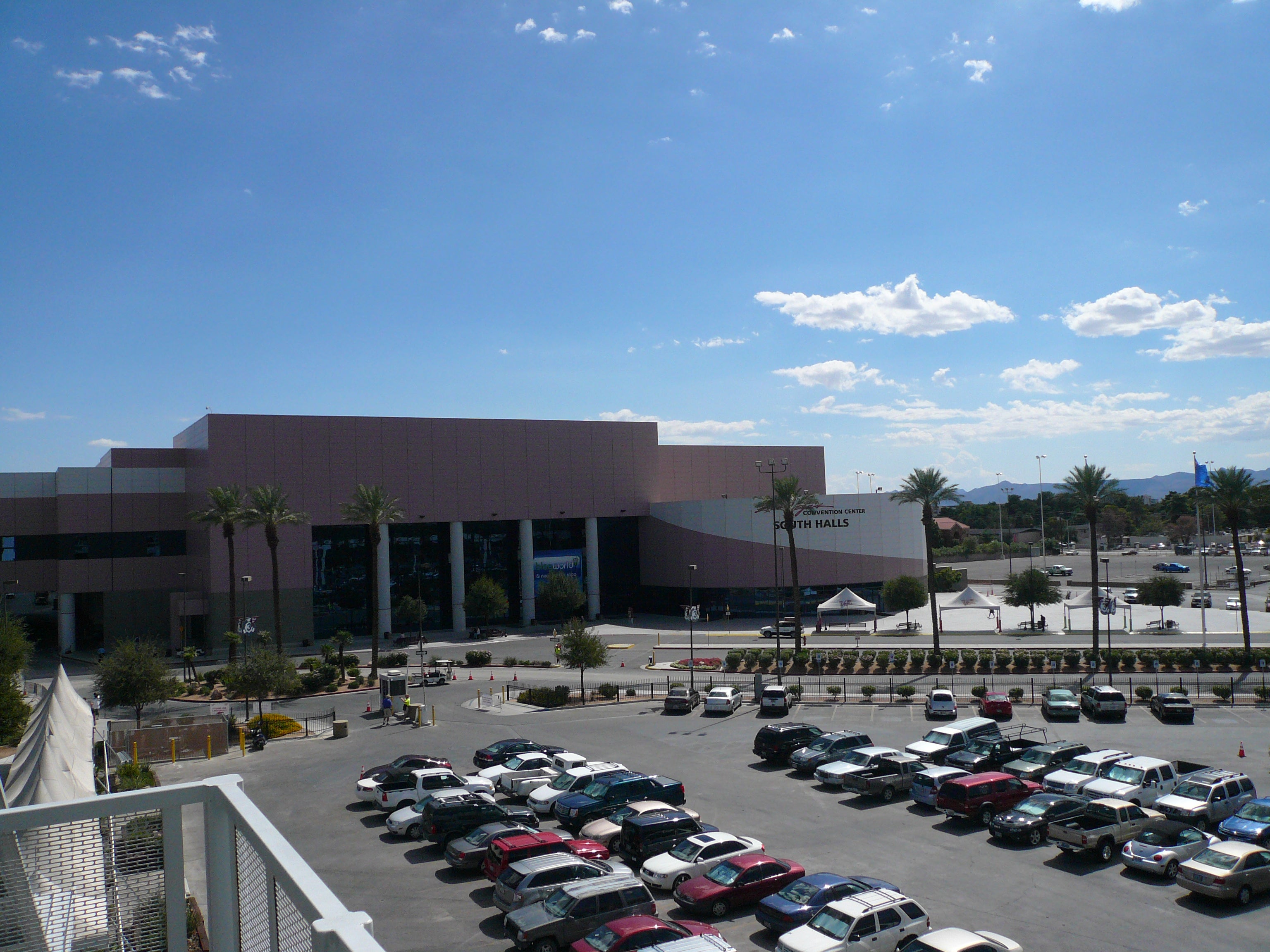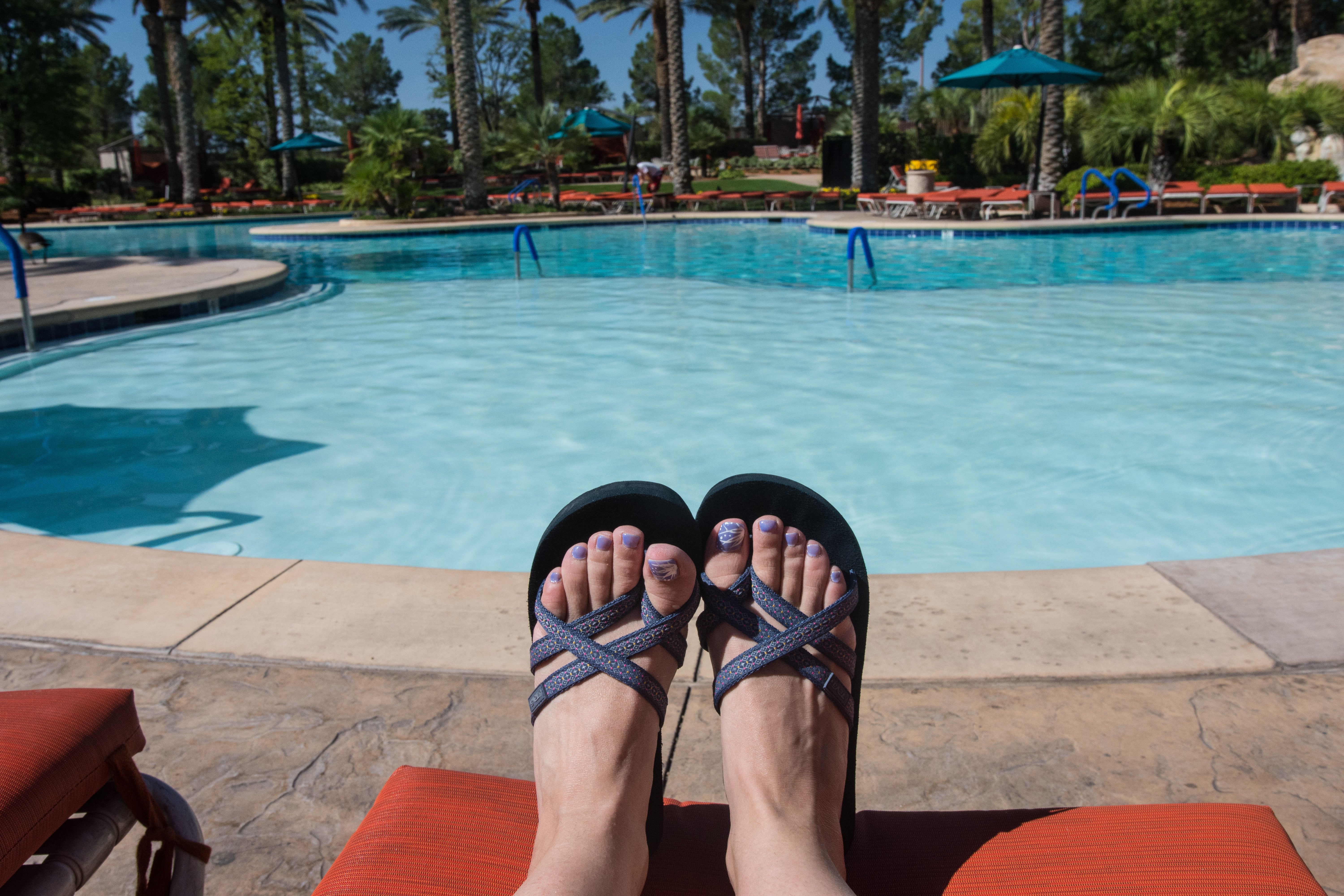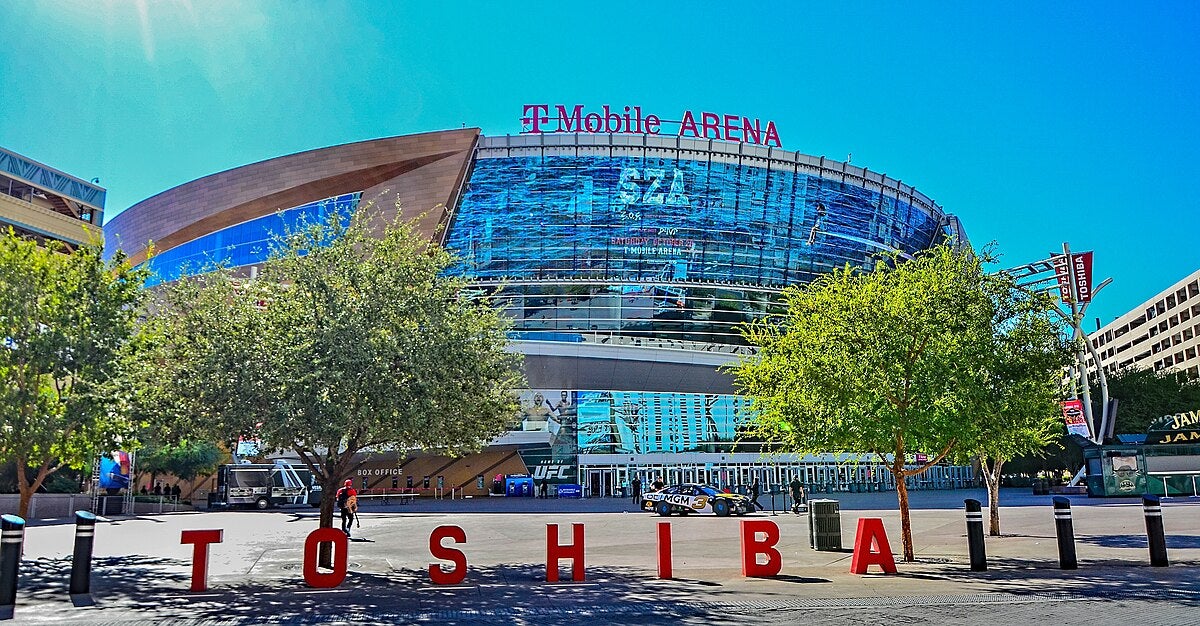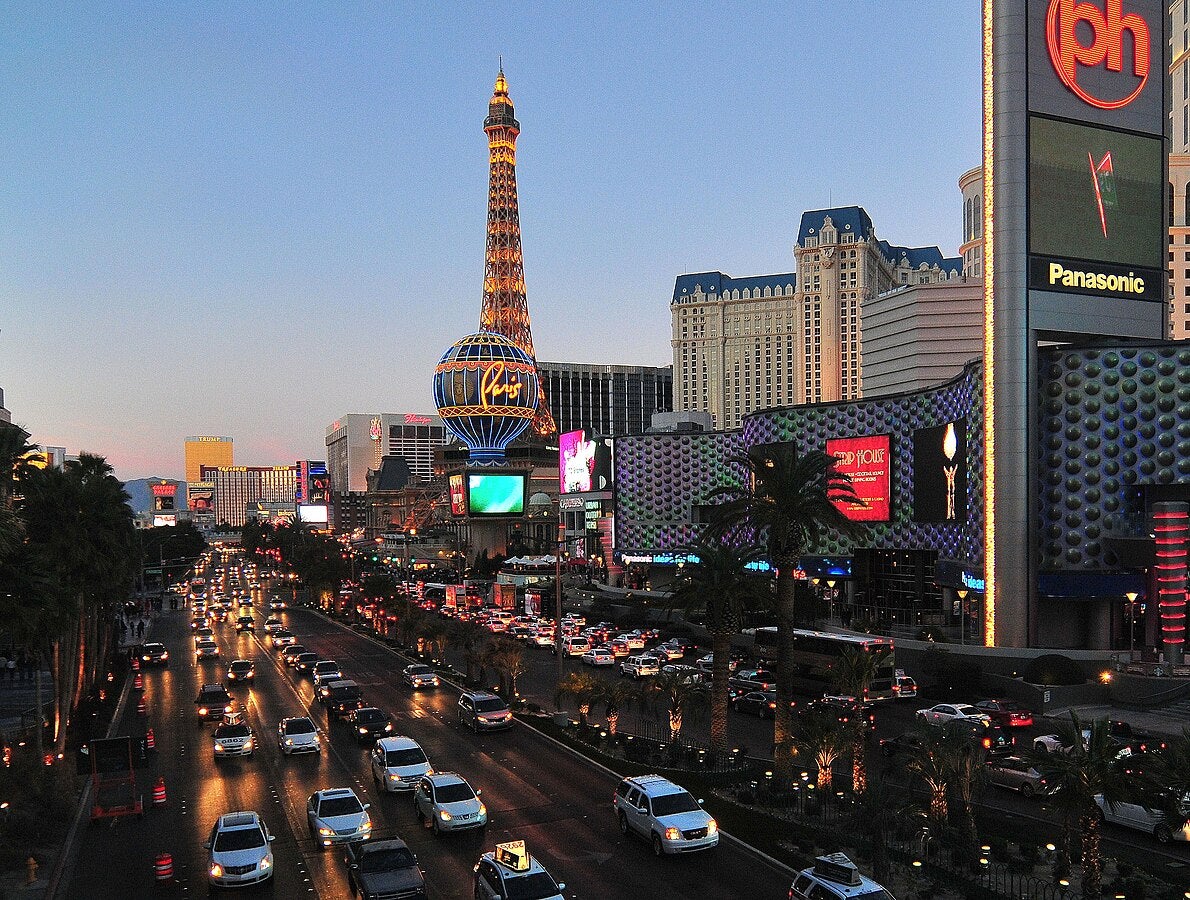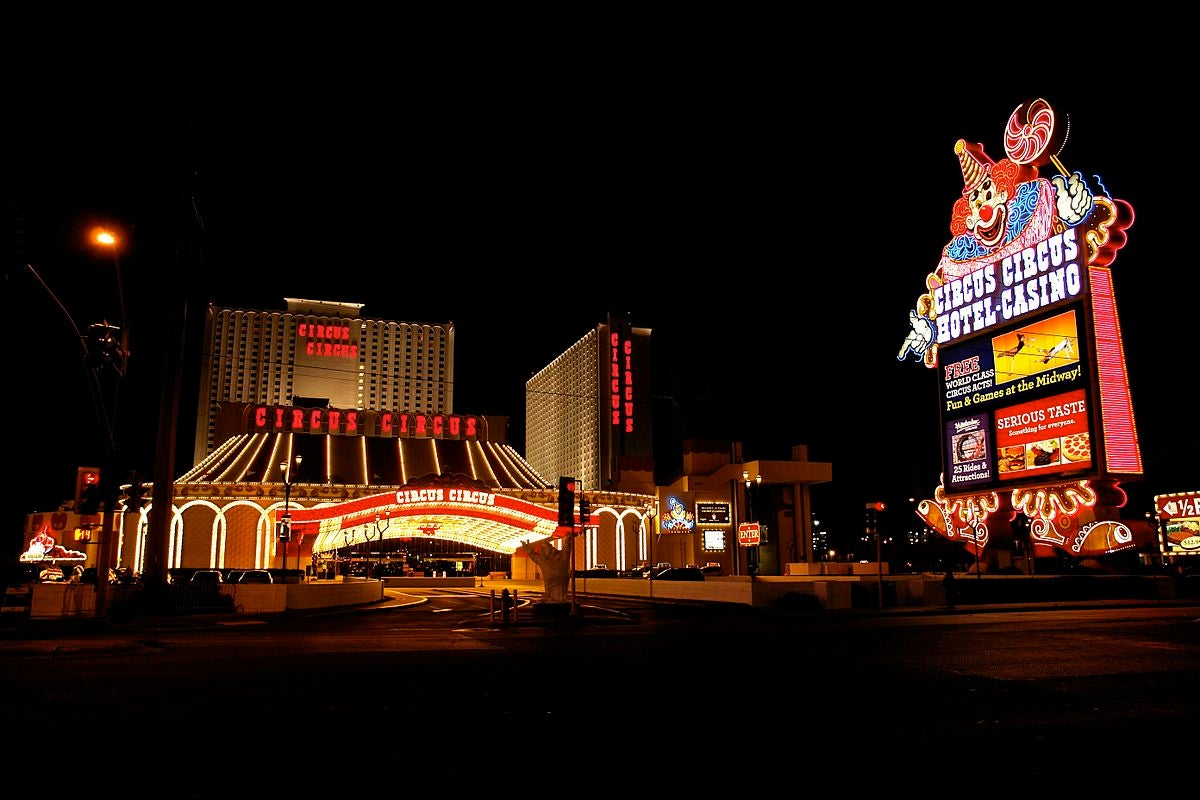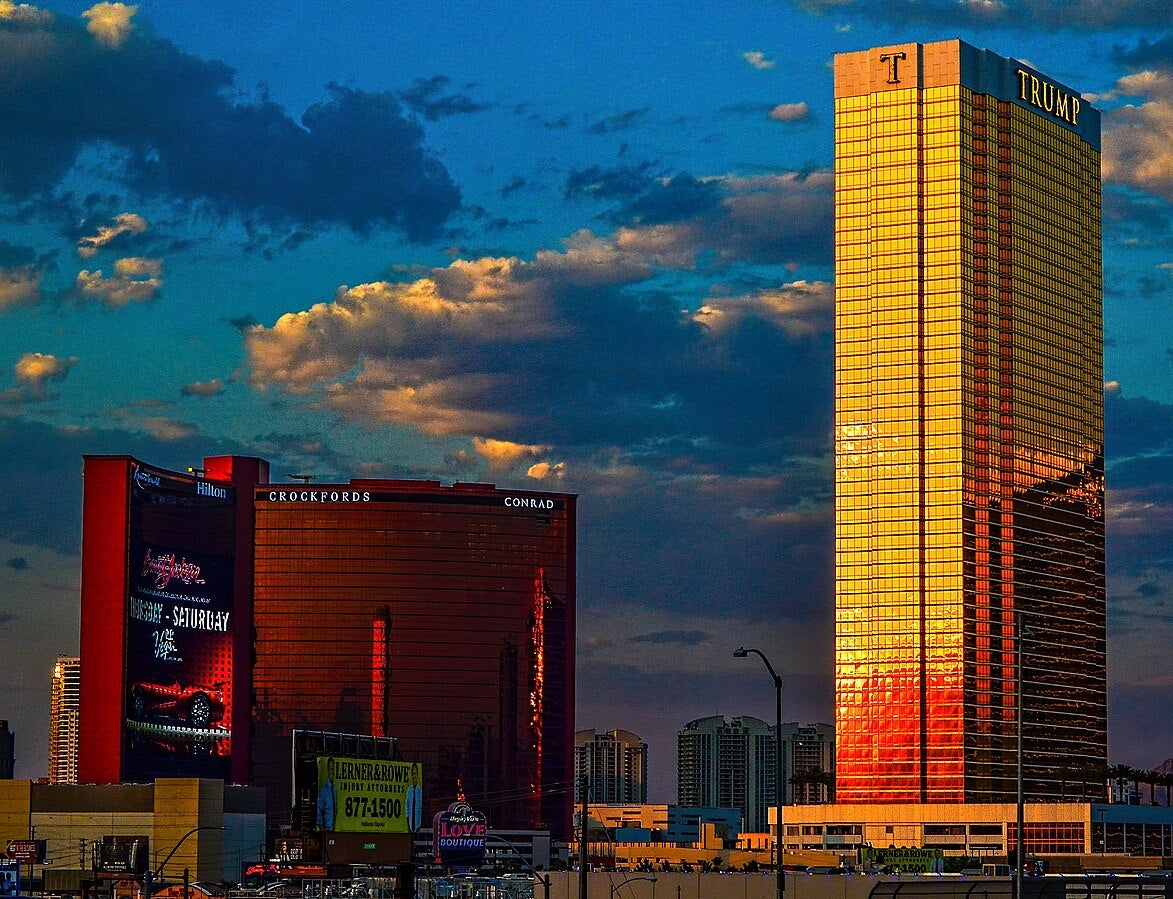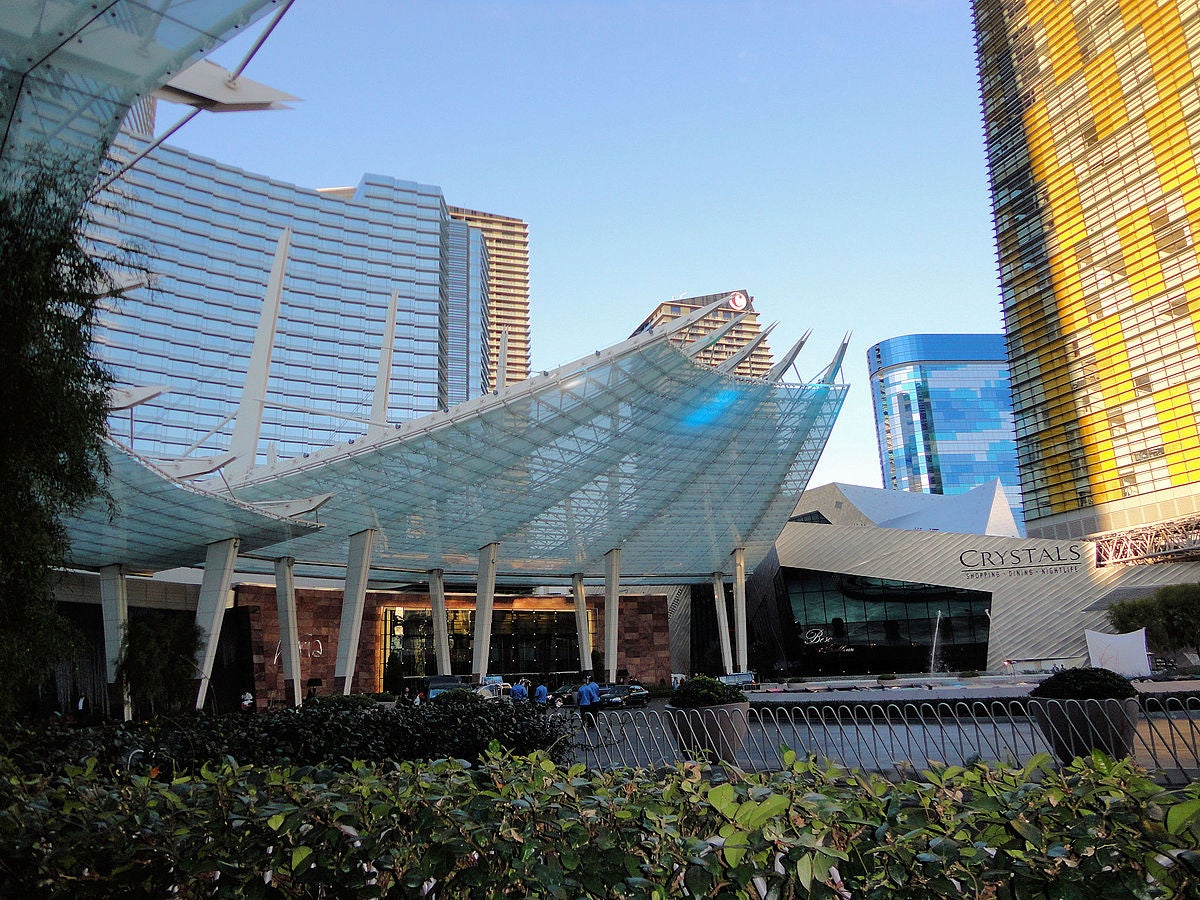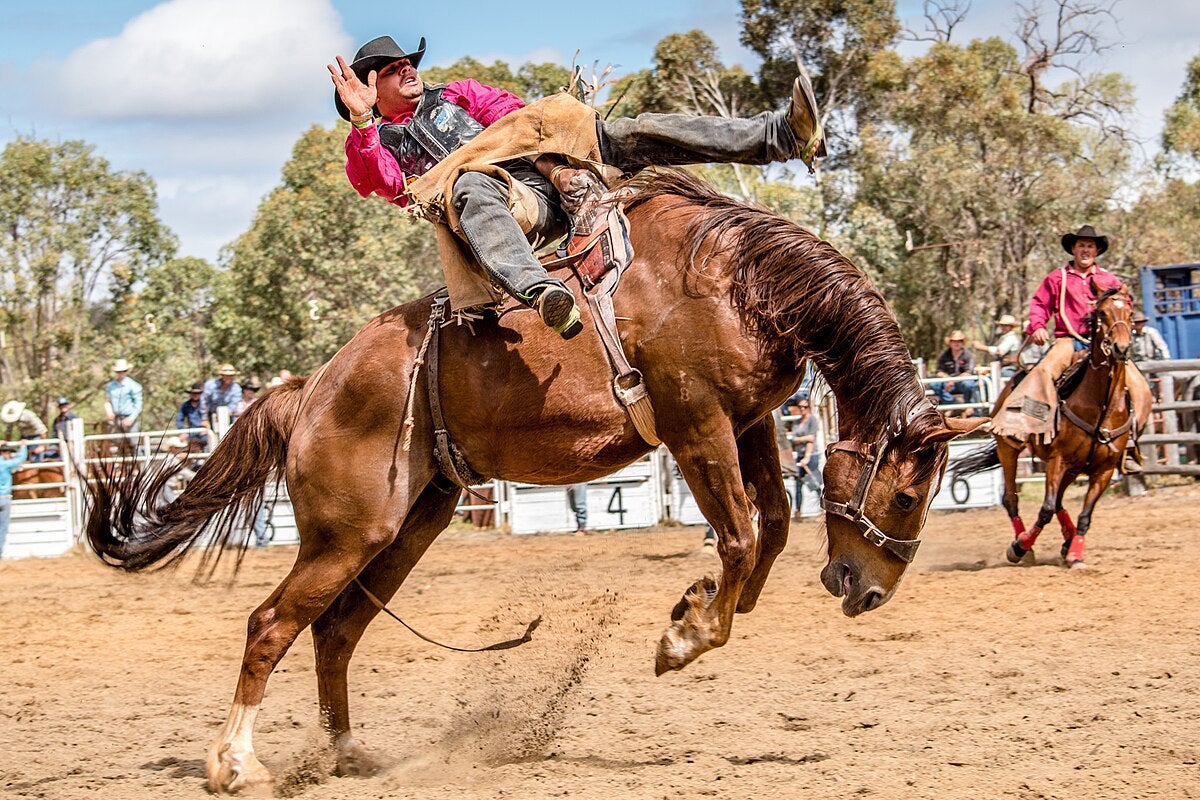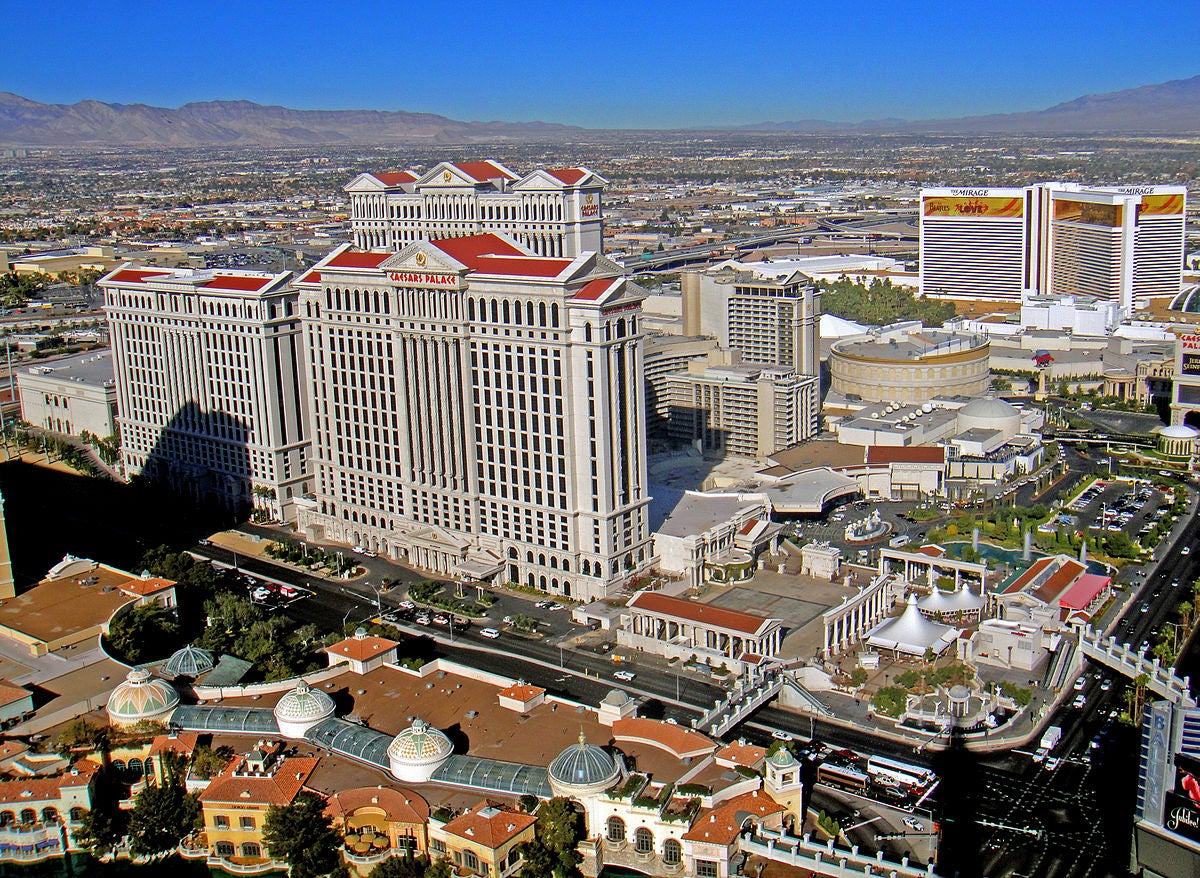Backlash Over Drip Pricing
Mounting frustration with deceptive “drip pricing” tactics has fueled support for the legislation, particularly in Las Vegas, where resort fees vary sharply—from $26 nightly at off-strip properties to $57 at luxury venues. These resort fees, not included in the base rates, cover amenities like Wi-Fi and gym access. They inflate total costs by 15-30% post-booking, eroding consumer trust.
Nevada Resort Association CEO Virginia Valentine told local reports: “Our members already clearly and prominently disclose resort fees during the transaction to help guests make informed decisions.” She stressed the bill’s need to expand to online travel agencies (OTAs) and vacation rentals, which often bury fees in fine print.
Widespread Rally Behind the Bill
Nevada’s congressional delegation has emerged as pivotal in advocating for H.R. 1479. Senator Catherine Cortez Masto (D) framed it as essential for consumer fairness and the state’s tourism-driven economy: “Nevadans and visitors coming to Las Vegas deserve price transparency, and this common sense, bipartisan legislation will cut out hidden fees.” Rep. Dina Titus, representing the Strip’s core district, stressed its timing, stating, “During this critical time for the hospitality industry, we need to do everything we can to encourage tourism.”
Ethical Mandate Unites Rivals
While Rep. Susie Lee expects modest projected impacts on tourism rates, she underscored its ethical imperative: “It’s all about the transparency and keeping working families from getting nickeled and dimed.”
The bill has unified traditional rivals—hotel operators and OTAs—under the nationwide standard banner of upfront hotel fees. A Travel Technology Association spokesperson affirmed that uniform ‘total service price’ displays will eliminate platform-to-platform confusion during bookings. State tourism anticipates reduced planning friction to boost visitation, bolstering Nevada’s reputation for extravagance with newfound pricing integrity.


